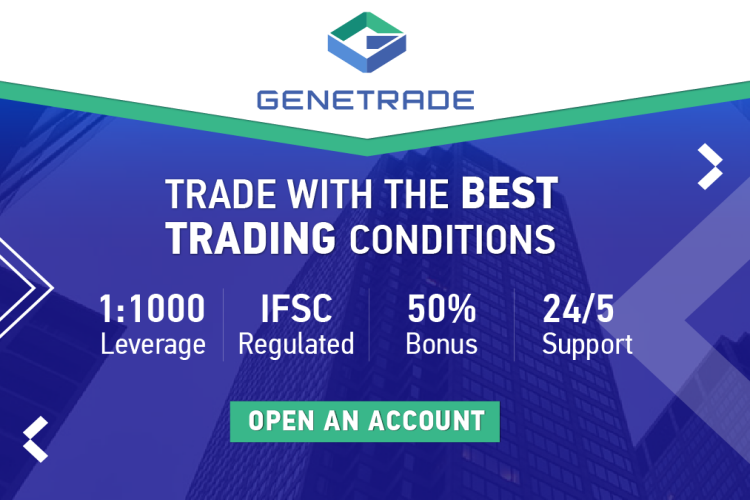What is the Process of Moving from an OTC Market to A Major Exchange?
by Andrew McGuinness Aug 16, 2019

The difference between an OTC or over the counter market and a major exchange is much like the difference between over the counter and department store beauty supplies. Over the counter beauty supplies are not only cheaper, but much less popularly used by professionals compared to department store beauty supplies.
The OTC market holds no candle to a major exchange. It is a much more diluted version of the exchange and for this reason, if any company is looking to grow and become a success, a switch is essential. Below are the steps a company needs to make to move from an OTC market into a major exchange.
1. Follow the requirements
A company needs to follow certain criteria that companies within a major exchange are obligated to follow. Guidelines tend to refer to price per share, corporate profits, total value, revenues, daily/monthly trading volume, number of shareholders and SEC reporting requirements.
Different exchanges, however, have different requirements. Nasdaq, for instance, insists on having 1.25 million public shares, which must be distributed among 550 investors at the very least. The New York Stock Exchange, on the other hand, only allows companies to form a part of the exchange if and when they possess 1.1 million publicly owned shares that are held by at least 2,200 shareholders.
2. File the necessary paperwork
In order to be approved to enter into a major exchange, there is plenty of paperwork involved. There is an application wherein financial statements confirming the company has the sufficient requirements to belong in a major exchange should be attached. The major exchange will then contact the OTC market your company is leaving and express that the company would like to willingly remove itself from the market. This would likely involve a press release in order for shareholders to be aware of the on-goings of the company and their investments.
When the paperwork has been successfully processed, the company is allowed to pick up where it left off from its time in an OTC market. Investors might expect initial public offerings or IPOs to be offered instead of the stocks being traded normally (as any other longer-seeded company within the exchange would be treated).
3. Understand the value of moving into a major exchange
The point of moving from a smaller scale OTC market to a major exchange is for a company to have more liquidity and be recognized on a larger scale. This helps make the company appear more legitimate and attract a wider range of investors.
Once you have made it onto a major exchange, you should be aware that you may switch to another major exchange at any time. You should not feel obligated to stay with a major exchange just because it becomes comfortable. Different major exchanges have different benefits. Remember, just because an exchange is exceedingly popular, like the New York Stock Exchange, does not mean that it is right for your company.
The Nasdaq has some of the lowest fees when compared to its fellow major exchange. Every exchange has something going for them, but your goal is to find the one that suits your companies best.

